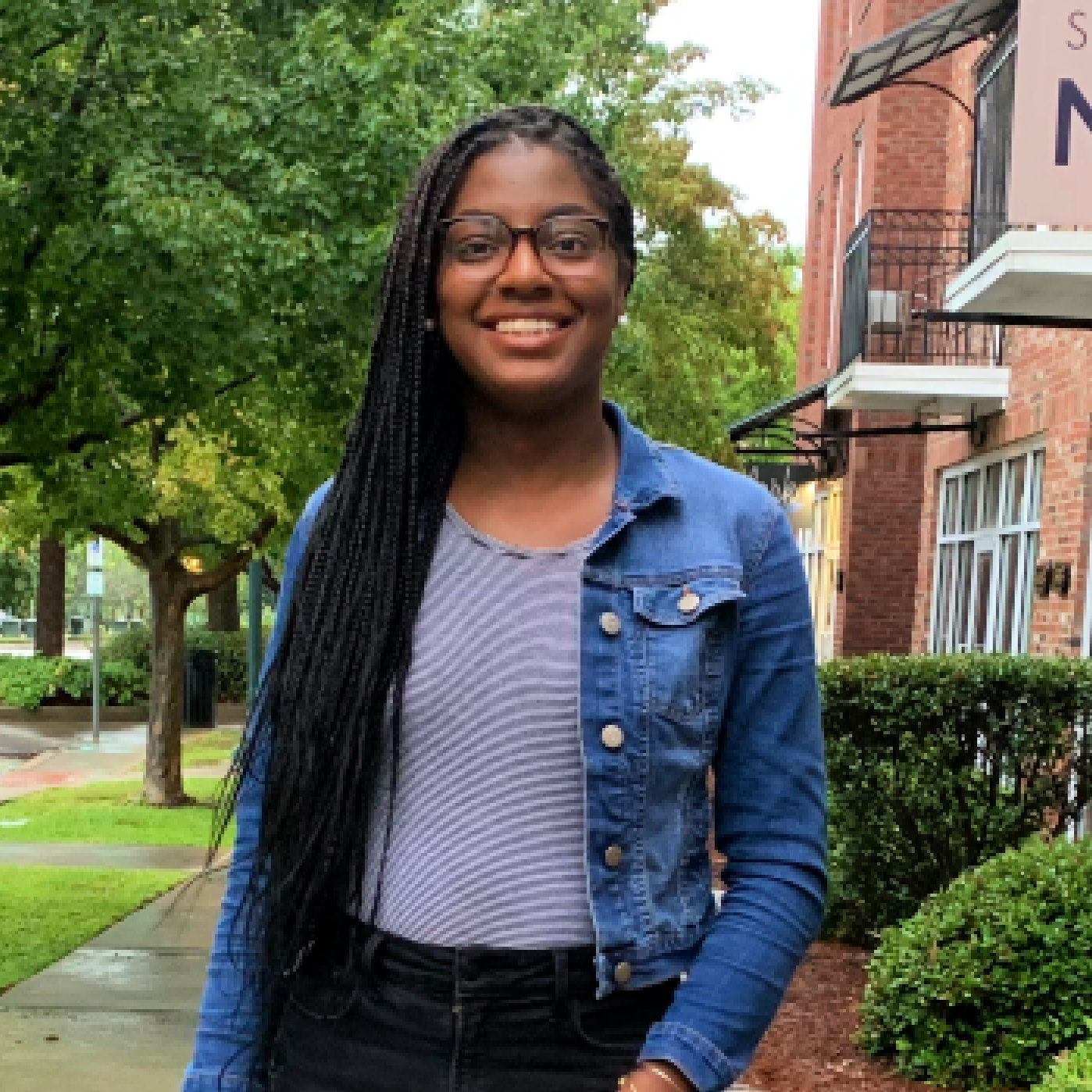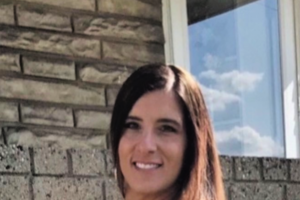My name is Layla, and I was a 22-year-old law school student at the time of my blood clot, and I also was working as a nanny for a wonderful family. I had been a cheerleader in middle and high school, and even though I didn’t continue going into college, I was still very active, fit and healthy. My menstrual cycle was really bad when I decided to get on birth control pills at the age of 21. It was estrogen-based, and I didn’t think anything of it, because my doctor and I thought it was the best fit for me.
It was July 20, 2020 when I started experiencing chest discomfort. I had tested negative for COVID-19, so I was confident it wasn’t that. I went to the emergency room on July 25 thinking they would give me pain medications or antibiotics to get rid of the discomfort. The doctor came in, and I explained my symptoms. I had tests run to see if anything was there. Thirty minutes later, I was told I had blood clots on my lungs (pulmonary embolism or PE), which was terrifying. I was admitted immediately and put on an intravenous heparin blood thinner for two days. I then switched to an oral blood thinner on the third day and was released from the hospital.
Thankfully, I have the best family and friends who stepped up to take care of me. After two weeks at home not doing much of anything, I finally started to feel better. My hematologist determined that the blood clot in my lung was provoked by the estrogen-based birth control I was taking. I will be tested for any clotting disorders and genetic factors later on in my recovery journey.
I quickly realized nothing else was important other than my health. I am coming up on the one-month anniversary of my blood clot, and I couldn’t be anymore thankful to myself for going to the doctor that day. Our health should always come first no matter what is going on in our lives at the time. My advice to others would be to listen to your body and not ignore symptoms if you may think you have a PE or any illnesses.
MORE INFORMATION AND RESOURCES:
- Join our online peer support community to connect with other people who have experienced a blood clot.
- More life-saving information about blood clots.
- Learn more about estrogen-based birth control and blood clot risks.
- Learn more about anticoagulants and blood clot treatment.
- Read more stories, or share your story with NBCA.




